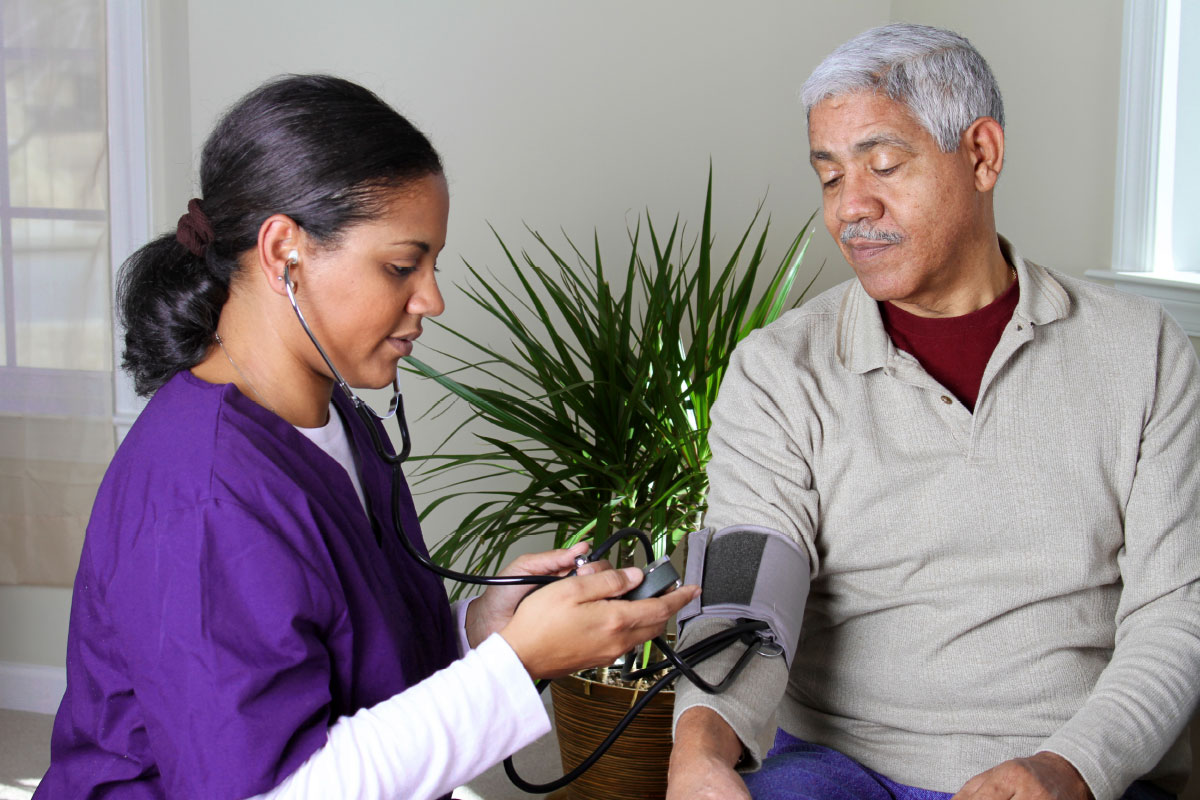What homecare is
There are many different reasons why someone might seek homecare, which is all about making sure day-to-day life can be as comfortable, enjoyable and dignified as possible.
Homecare provides the daily support you need, whether that be with domestic tasks – such as cleaning dishes, tidying up the kitchen or throwing away old food – or help to take medication or to get ready for the day. It could also include errands outside the home, such as shopping, or help accessing services.
This means homecare is different for everyone. Everything is tailored to individual needs, so there’s no typical kind of day. Care could be for just an hour a day, or can be round-the-clock.
We all have days which are harder than others, and our needs change over time, so homecare is flexible and can adapt to what is needed in any given day, week or month. The care that is put into place is tailored to suit exactly what is required and what you want.
In short, it’s about ensuring you have help, while still living in your own home, surrounded by your belongings, in the places where you feel most comfortable.
Who provides homecare?
Trained carers provide this support. Sometimes people utilising homecare don’t have family or friends who are able to spend time with them daily – so having reliable, regular carers provides not only everyday support, but conversation and socialising. You can spend time simply catching up with your carers, chatting and having company if you want it.
Homecare can also be integrated with help from neighbours, family or friends if that help is available.
The amount of time you have homecare each day is flexible and depends on what you need. For some people, half an hour early in the morning and in the evening feels right; for others more time in the afternoon works best.
Support can extend to complex care (i.e catheter care, stoma care). Two carers can also attend at once if this is required.
Ensuring safety
Having someone new in your home can feel daunting at first, and it’s incredibly important that you are safe and the support you receive is experienced, compassionate, and trustworthy.
Care providers are regulated by the Care Quality Commission (CQC), which is part of the Department of Health and Social Care. You can use their website to check the credentials of UK homecare providers. We recommend doing so to ensure providers are registered and legitimate.
Professional home carers in the UK are required to do extensive, in-depth mandatory training, covering food safety, health and safety, fire safety, medication training, moving and handling training, and infection control, among many other core caring skills.
First steps
As with any important life change, we recommend you’re as informed as possible about homecare before starting it. It’s important to take your time, and ask as many questions as you need to ensure it’s right for you.
If you are unsure about care at home and the steps to accessing it, in the UK, your county’s adult social services department and the Citizen’s Advice Bureau can offer advice and answer questions you may have.
Here at Ethica, we’re experienced providers of homecare across the county of Hertfordshire. We’re happy to answer any questions you might have – contact us by phone on 01442 501162, or by email at herts.team@ethicacare.co.uk. We’re open Monday-Friday 9AM-5.30PM and Saturday-Sunday 8AM-6PM.
For queries outside of Hertfordshire, you can contact our London office on 0207 1128186 or via email at team@ethicacare.co.uk.
